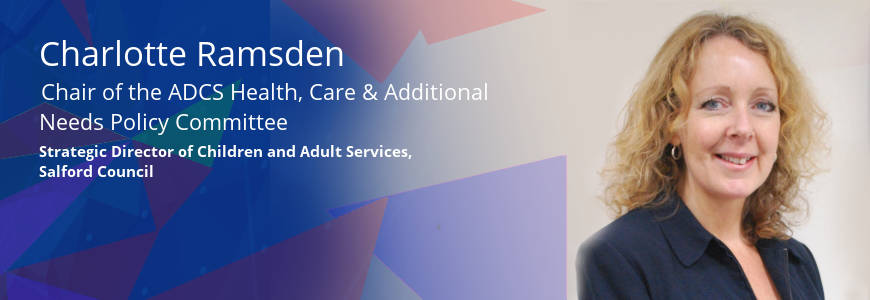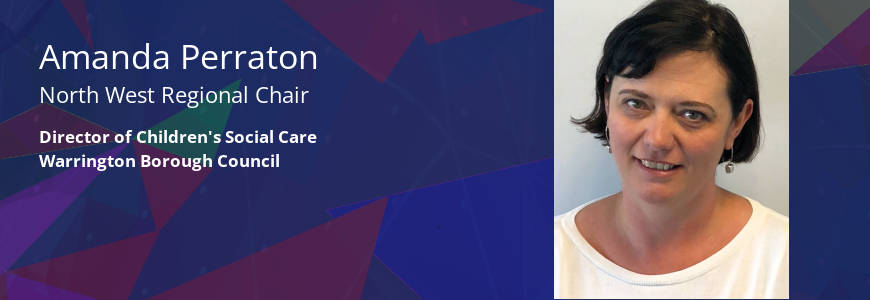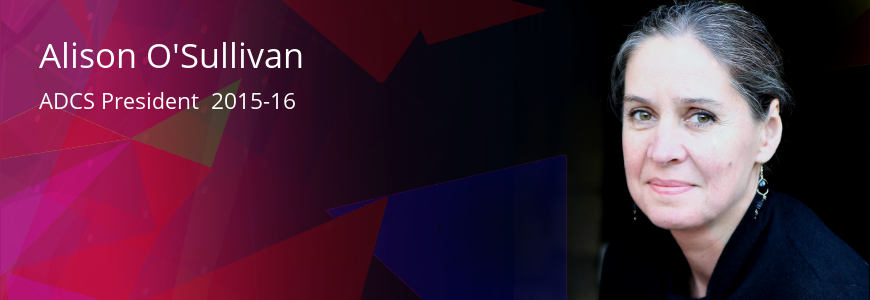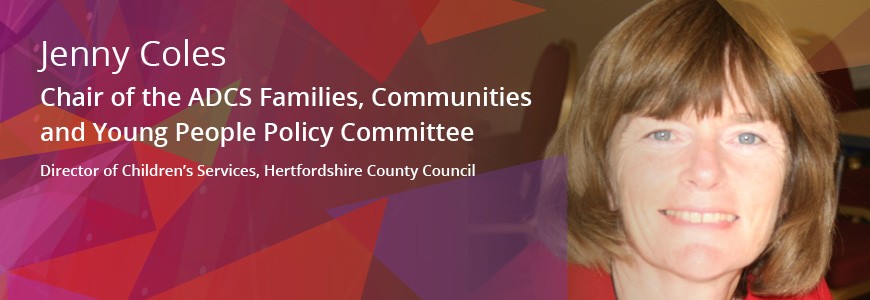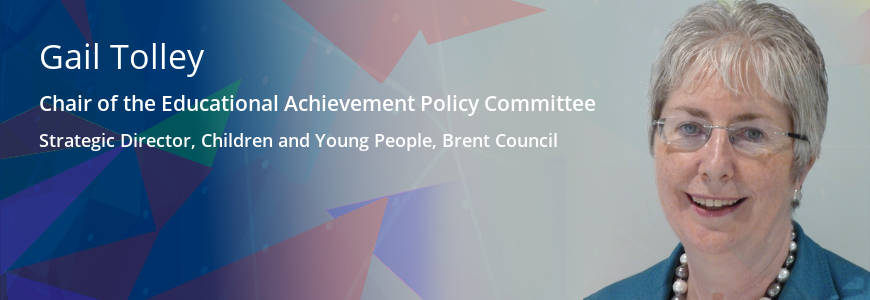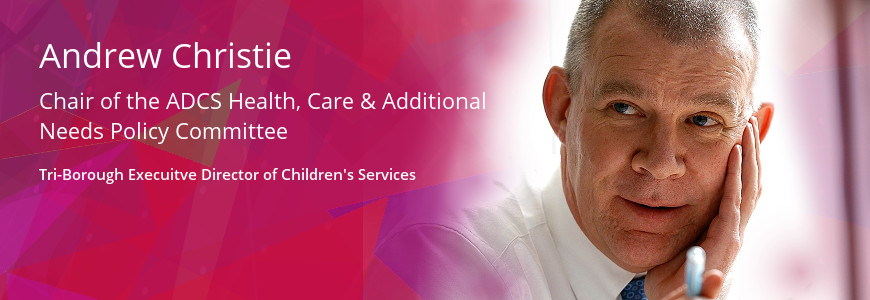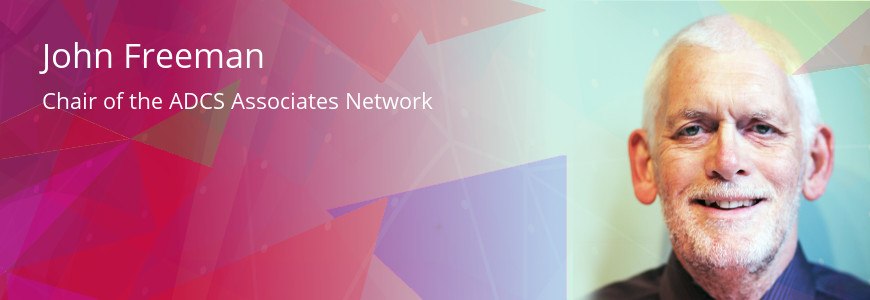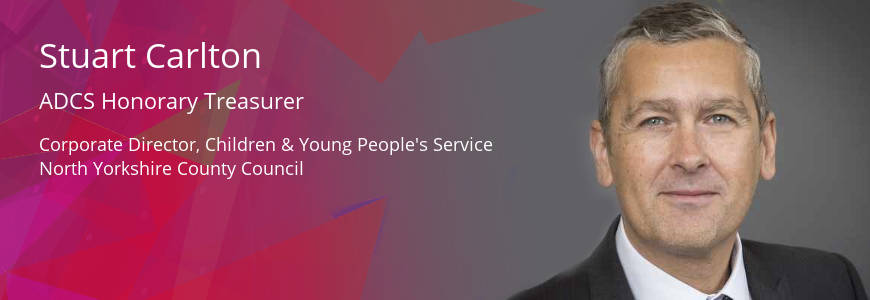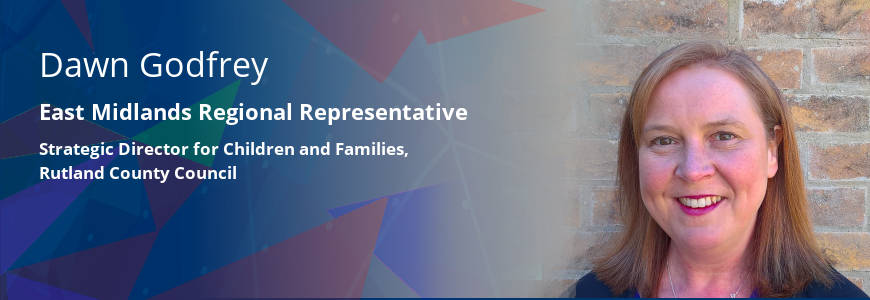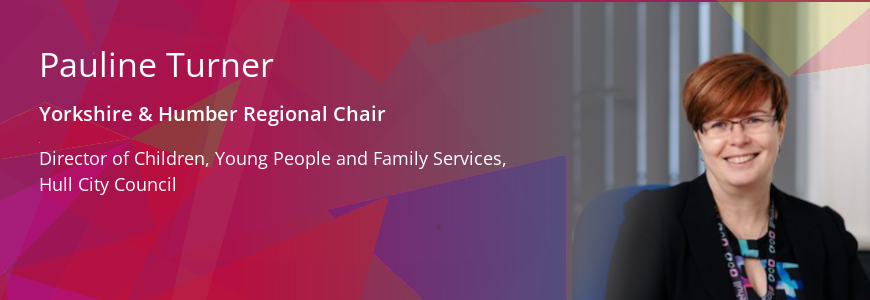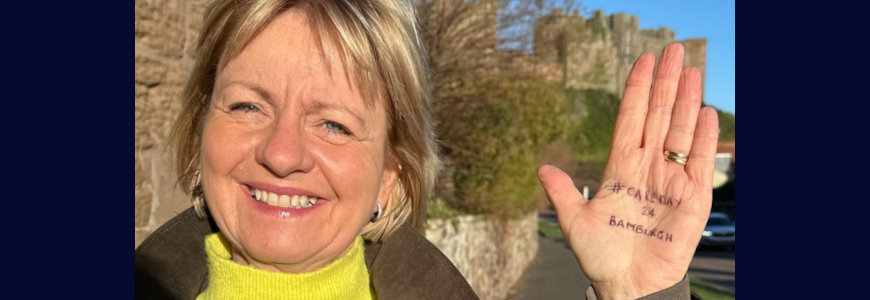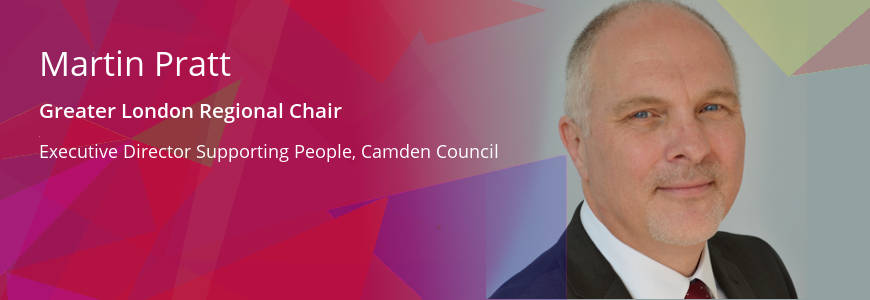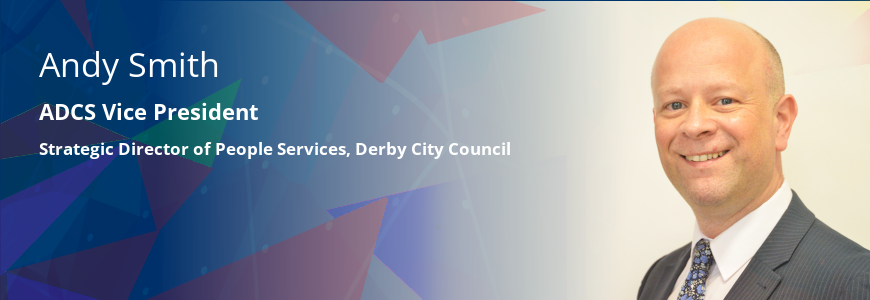What’s LOVE got to do with it?
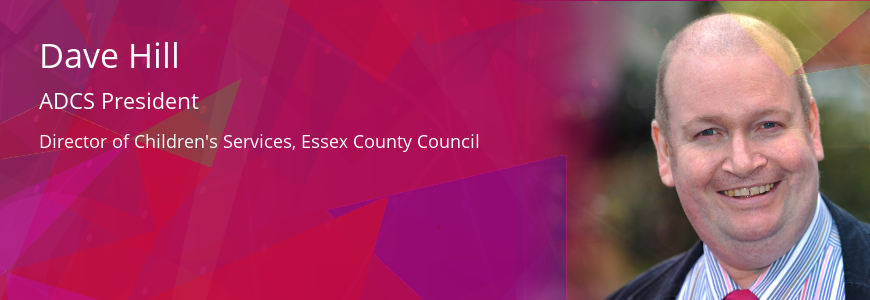
I was, have been and am – loved. I am as sure as I can be that my parents loved me unconditionally and I not only love my wife and children, but a range of others too. It is a really deep, heart wrenching kind of love. It can be joyous and sometimes even gut wrenchingly upsetting, but it is very real. And I don’t think I’m confusing this emotion with deep caring or concern, although love can involve those things too.
I am also a sucker for the film Love Actually all of those British luvvies falling in (and out of) love. My personal favourite scene is when Jamie (played by Colin Firth) proposes to Aurelia in broken and comical Portuguese. I am sure for those of you who like me have a soft spot for the film will remember it well. But the use of the word love is ubiquitous and its meaning undermined by abuse, misuse and overuse.
So why blog about love? As Directors of Children’s Services my colleagues and I know only too well how important positive and meaningful relationships are to children, particularly children and young people in care. It is these relationships that children tell us they value most and can help them overcome challenges in life. These children deserve more than simply just our care, concern and attention, they also deserve our love. So deep acceptance, caring and concern, all attributes of love, are qualities that we should value in our carers, social workers, teachers and other professionals who work with children. We should also acknowledge that unconditional love is a key part of child development.
We value adoption as a means to a loving family and look for these traits in our adopters, but love is also present in foster placements and yes in residential care too. But as professionals we value ‘boundaries’ and ‘professionalism’ and can find the ‘L’ word difficult and awkward to discuss. Loving relationships are driven more by the heart than they are by the head – this is not territory we are comfortable in. Yet if we ask children looked after what they want and need they are more forthcoming, they want love, many are happy to say so. In my experience they want love that is unconditional, but a love not in competition with their families, love that doesn’t seek to replace, but enhance. The fact is that if you give love, you are likely to receive love back in return, it can and does affect your judgement. When you receive love as a child it encourages, motivates and supports you to go on and achieve the best in life. So we need to start talking about love, the children we care for deserve nothing less.
“The greatest gift you can give to others is the gift of unconditional love and acceptance” – Brian Tracy.
Related Blog Articles
Language is so important, it affects the way we see people and situations and...
In General
I write this having recently been talking with my team about a very difficult...
In Care
I visited North Yorkshire this week with a small number of colleagues, to find...
In Care
I recently had the pleasure of attending our Herts Awards, organised by the...
In Care
When I became Chair of the ADCS Educational Achievement Policy Committee this...
In Education
“Stay at Home. Protect the NHS. Save Lives.” It couldn’t be simpler, could...
In General
Both Alison O’Sullivan and I represent ADCS on the national Adoption...
In Care
I’ve always been a bit of a data nerd, right back to when I did some work on...
In Early Help & Families
One of the lasting impressions left by my leadership development training with...
In Leadership
There were two social workers, a nurse, and a magistrate sitting in a bar…....
In Leadership
The varying number of national and regional initiatives, pathfinders and pilots...
In Care
I write this blog with a heavy heart as it will be my last as an Elected...
In Care
I don’t know about you, but I find that sometimes there’s an alignment...
In Leadership
I’m writing this blog before I’m due to go on holiday and hoping the fiasco...
In General
In the last week, I had a really interesting series of meetings with Dave Hill,...

